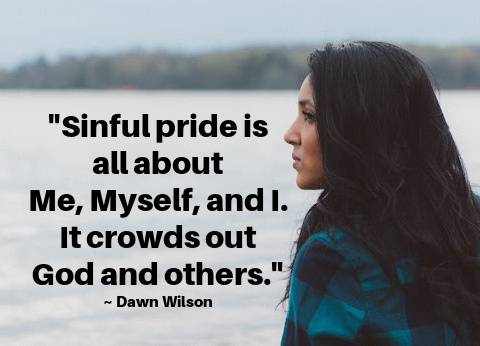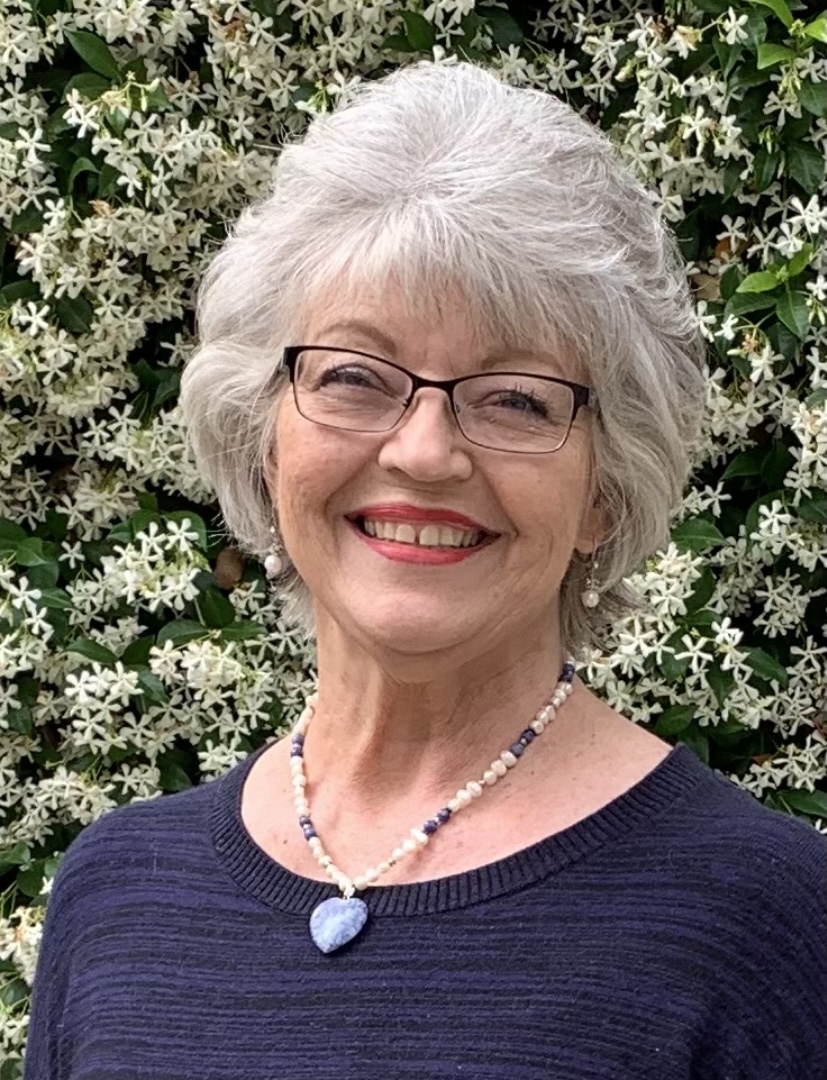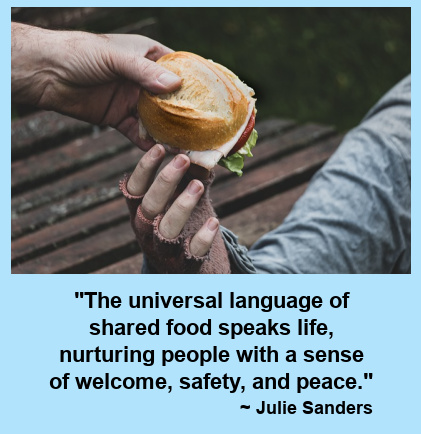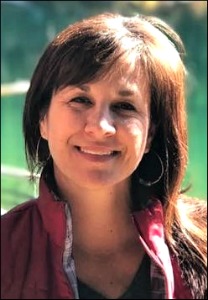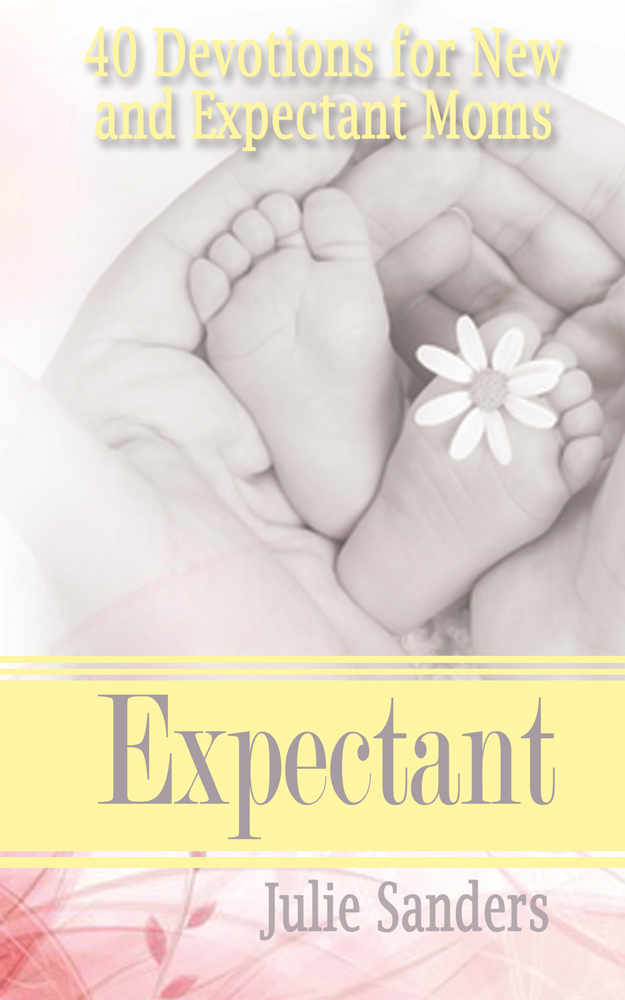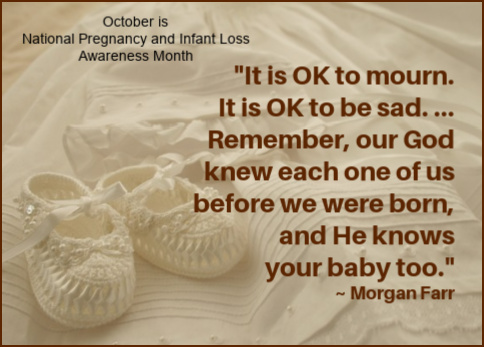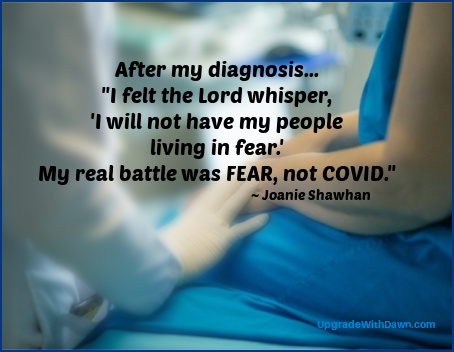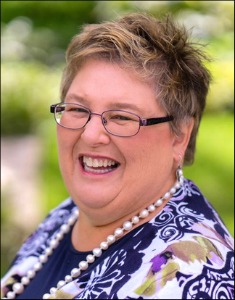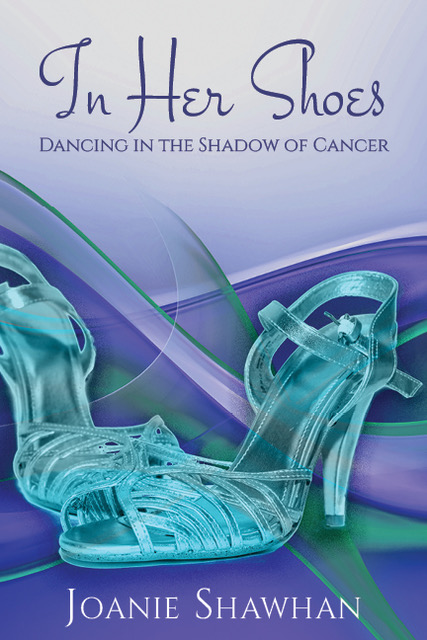Just Around the Next Bend
Pam Farrel is a spiritual motivator and cheerleader. She roots her wise counsel in the Word of God. In this Gratitude UPGRADE, she encourages readers to praise and not pout, and she shows us how from a powerful story in her life.

"As COVID lingers on, and the world seems to be experiencing one crisis or conflict after another," Pam says.
"I sometimes pause to reflect on the life lessons God pre-planned into all our lives in earlier days that can help us navigate."
I (Dawn) agree with Pam that God prepares us for tough circumstances throughout our lives. It's wise to choose to learn from those lessons.
Pam continues . . .
In Discovering Joy in Philippians: A Creative Bible Study Experience, I share what to do when discouragement looms like a storm cloud over your life or you just don’t know what to do to get unstuck:
“Go back to the people, the places, and the portions of scripture where you know you have heard the will and ways of God.”
For example, to clear my head, and reconnect my heart to God, I will often head to nature:
- a prayer walk along the ocean’s edge,
- a paddle on the bay,
- or a bike ride to get away from tech and in touch with the Creator.
By rewinding your brain to former days, some memories stick as road signs pointing to a proven path forward.
For example, as youth ministers, we led a bike trip from Northern California, along the ocean to Santa Barbara. The scenery was breath-takingly beautiful, but rigorous—a series of rolling mountains that escalated higher and steeper in elevation.
We leaders knew this might be quite physically challenging to most of the students, so we designed the trips’ shirts to have the week’s motivational motto on the back of tees, so the cyclists could see it boldly in front of them:
Nothing’s too tough to make me complain!
That phrase capsulized Paul’s command:
Do all things without grumbling or disputing that you may be blameless and innocent, children of God without blemish in the midst of a crooked and twisted generation, among whom you shine as lights in the world (Philippians 2: 14-15).
GRUMBLING is to mutter, murmur, or hold on to a smoldering discontent.
DISPUTING is back and forth speculations that keep you stuck in your own reasoning when what you really need is God’s more heavenly perspective.
Peddle to Progress
On this arduous bike trip, I was hot, weary, and faint—but NOT complaining aloud! My repeated question to my co-leader spouse was, “How close are we to the finish?”
With optimism, Bill, would reply, “Closer than it was. Perhaps just around the next bend.”
Then we would sing worship songs as we peddled up the endlessly steep grade. Finally, at the mountain peak, we paused for a majestic moment, with a bird’s eye view of the ocean stretching out, wrapping us in 180-degree beauty. #sweetvictory!
But my lasting inspiration of this trip from grumbling to gratitude was forged by the students.
Before one of the narrower bridges, we loaded the bikers on the bus and their bikes in a trailer a truck was pulling. The trailer came unhooked from the truck and banged into the guard rail sending three bikes and a couple of suitcases over the rail, down into the Pacific Ocean—never to be seen again!
The amazing attitude of these three teens was stellar! They DID NOT COMPLAIN!
Most adults would have caved and whined, but not these three brave hearts! One of the reasons they were able to keep hold of their positive attitude in face of this unexpected loss was all the rest of the youth group swiftly rallied to meet their needs.
None MURMERED—rather, they MOVED into action.
There were just over 50 teens on this “Nothing’s Too Tough to Make ME Complain” tour—and the vast majority are still walking with Jesus faithfully now forty years later—and more than 75% of that group today hold leadership positions in churches, community groups, mission’s organizations, as pastors, counselors, government officials, and non-profit leaders.
We were all transformed by this stalwart commitment to PRAISE instead of POUT.
FORWARD FOCUS
Years later, we began our family and vowed to raise children who could maintain a sense of strength and courage—no matter what life might send their way.
We hung a six-foot wooden sign, carved into it: “Thou shalt not whine.”
- If the boys were tempted to moan over chores, mere inconveniences, or minor setbacks, we just pointed to the sign.
- When real pressures and traumas entered their lives, we would gather as a family to pray scripture over that son, often under that same sign.
- We would acknowledge feelings, process them with an attitude of faith, and then stand strong on the promises of the Word.
The boys took this “Can do” attitude into their futures. Now, as leaders of their families and communities, these young leaders help others cultivate an attitude of gratitude.
Your Uphill Journey
When you are tempted to grumble, or have lost your hope, joy, or peace, or need clarity, cultivate an attitude of gratitude.
Begin your own Powerful Praise journal. Note verses that have carried you in the past, turn them into memes, verses to study deeper, and Bible art to help you navigate your future—looking at what you CAN do, not what you can't.
I daily remind myself—as I reflect on God’s faithfulness in the past—to meditate on His promises.
God will be the power to keep peddling forward.
Are you peddling hard today? Don't give up! Victory is just ahead! But if you're discouraged, what can you do today to turn grumbling to gratitude or pouting into praise in the struggles of your life?
 Pam Farrel is the Co-Director of Love-Wise, author of 50+ books and co-author of the Discovering the Bible Creative Bible Study series. For more ideas,
Pam Farrel is the Co-Director of Love-Wise, author of 50+ books and co-author of the Discovering the Bible Creative Bible Study series. For more ideas,  here are 15 Things You Can Do Instead of Complain. Then hop over to Love-Wise.com to download your free 30 Day Infectious Joy Bible devotional.
here are 15 Things You Can Do Instead of Complain. Then hop over to Love-Wise.com to download your free 30 Day Infectious Joy Bible devotional.
Graphic adapted, courtesy of Patrick Hendry at Unsplash.
 1 Comment → Posted on
1 Comment → Posted on  Tuesday, November 2, 2021 at 10:32AM
Tuesday, November 2, 2021 at 10:32AM  " Pam Farrel,
" Pam Farrel,  "Can do,
"Can do,  Attitude of Gratitude,
Attitude of Gratitude,  Complaining,
Complaining,  Gratitude,
Gratitude,  Grumbling,
Grumbling,  Murmuring,
Murmuring,  Pouting,
Pouting,  Praising God,
Praising God,  Upgrade with Dawn,
Upgrade with Dawn,  Whining Upgrade Your Life
Whining Upgrade Your Life  Attitudes,
Attitudes,  Gratitude
Gratitude 




